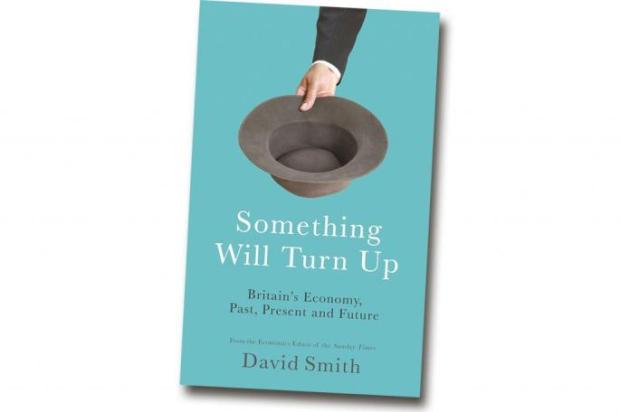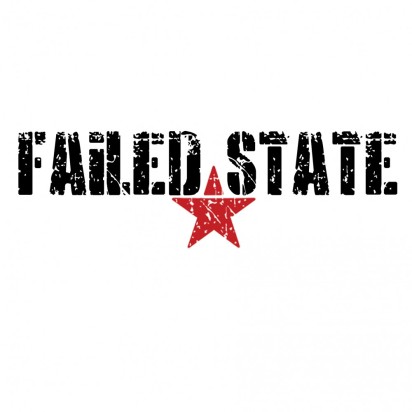Books: Something Will Turn Up, by David Smith
The Sunday Times economics editor David Smith presents a readable, informative history of the British economy since World War II.

Great Britain was the first leading manufacturing country. Even as late as 1950, it produced 25% of the world’s manufacturing exports. It generated a trade surplus in manufactured goods that amounted to as much as 10% of its gross domestic product (GDP).
Until the 1970s, the United Kingdom’s West Midlands manufacturing region maintained wage levels just slightly lower than those of the prosperous and diversified southeast region around London. That stands in marked contrast to today’s large income disparity between the regions. When the trade surplus in manufactured goods disappeared in 1982, never to return, it took many well-paid blue-collar Midlands jobs with it.
As the British Empire became the Commonwealth, its countries maintained strong trade links with the United Kingdom, underpinned by continuing preferential trade agreements. In the 1950s, the UK traded 40% of its exports and 35% of its imports with Commonwealth nations. Given the damage World War II had inflicted on mainland Europe’s economy, the captive markets of the Commonwealth gave the UK a postwar advantage. But that contributed to complacency and a lack of investment in British manufacturing; Britain took the Commonwealth markets for granted.
While Europe – and especially Germany – recovered its manufacturing capability in the postwar period, Britain’s manufacturing continued to decline. It suffered from low investment, a “failure to modernize,” inflation and poor industrial relations. High interest rates decimated the sector during the “strong pound recession” of the early 1980s. Four million manufacturing jobs disappeared between 1973 and 1983.
The volume of manufactured goods peaked in 1973 and didn’t regain those heights, in real terms, until 2010. Specialized manufacturing still matters to the United Kingdom. Japanese-owned automobile plants have returned the UK to its status as a net car producer, but other sectors of the economy have since become more important than manufacturing.

